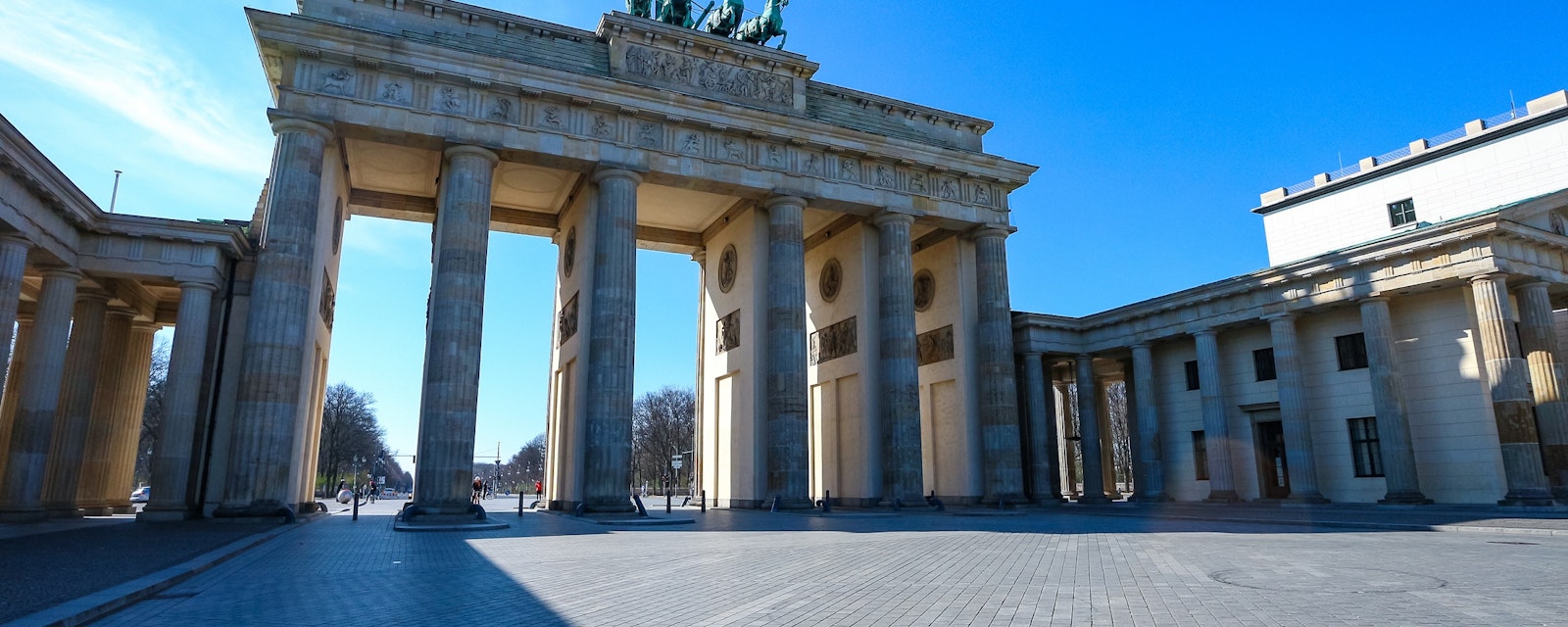In Germany, the deadline for the required proportionality assessment on the ECB’s PSPP is approaching. In Brazil, a reform of the tax system could be on its way, which could include a new digital services tax. In South Africa, a PPE corruption scandal is affecting the government.
Meanwhile, the bilateral relationship between Japan and South Korea continues to deteriorate, the Italian government is expected to unveil a new stimulus package this week, and the coronavirus situation is worsening in Colombia.
Chart of the Week
Unemployment has skyrocketed to unprecedented levels in many countries. In most European countries, many workers have enrolled in short-term furlough schemes, which appear to have at least contained job losses. Unemployment levels, however, are expected to rise once these schemes are phased out. In the UK, for instance, firms have begun to pay towards furlough from 1 August, and government subsidies will end in October unless an extension for the hardest-hit industries is approved. As a result, an important signpost to watch in the coming weeks is to what extent governments are willing to extend short-term employment schemes given the increasing budgetary pressures.
What to Watch
Germany
Following the May constitutional court ruling on the ECB’s public sector purchase program (PSPP), the deadline for the required proportionality assessment runs out on 5 August. However, the German constitutional court will not issue any formal “assessment of the assessment” on Wednesday. The question to watch is whether a plaintiff argues that the relevant institutions do not comply with the ruling, thus requesting a so-called enforcement order. If someone – possibly Peter Gauweiler, a former conservative politician – were to request an enforcement order, and if the judges do not reject it immediately, it seems unlikely that the constitutional court would ban the Bundesbank from participating in PSPP immediately, as of 6 August.
Brazil
The special joint committee on tax reform will meet this week. This was supposed to take place on 31 July but was canceled by Senate chairman (who also presides Congress) Davi Alcolumbre. The meeting’s delay was seen as a favorable move towards the government in buying some time for the economy ministry to update his original proposal. Controversy has centered on the government’s intention to introduce a financial/digital tax, which is perceived by many, including Speaker Rodrigo Maia, as an old and failed strategy that only increases the overall tax burden. The week should also show whether the decision by Maia’s party (DEM) and the MDB to end their alignment officially with the “Big Center” will affect voting trends in Congress; alternatively, it might merely serve to position the new block in favor of a pro-Maia candidate for new Speaker in February 2021.
South Africa
Corruption will be in focus this week. The government’s Covid-19 PPE procurement effort has triggered a new round of corruption and tender fraud. At a weekend meeting of the ANC National Executive Committee (NEC), party leaders were reportedly divided over how to deal with corruption allegations involving its members. Parliament’s finance committee is due to meet with the Treasury regarding PPE corruption on Wednesday. The latest scandals, one of which is associated with President Cyril Ramaphosa’s spokesperson, may accentuate divisions within the divided ANC and weaken the president.
On the Horizon
ASIA
Japan/South Korea
On 4 August, a South Korean district court will begin the process of liquidating assets seized from Nippon Steel after the company refused to comply with a court ruling to pay compensation to former forced laborers and their descendants. The Japanese government has warned that it would retaliate, whether by restricting remittances, imposing tariffs, or reintroducing new travel restrictions. Moon Jae-in's administration, however, has stated that it is a matter for the judiciary and will not intervene. The liquidation of assets could take several months, and it is not clear when Tokyo would retaliate. The decision to proceed will reduce the already diminished prospect that the bilateral relationship would improve while Moon and Prime Minister Shinzo Abe are in office.
India
On 5 August, Prime Minister Narendra Modi will travel to Ayodhya to lay the foundation stone for a temple marking the birthplace of one of the most important gods in the Hindu pantheon. The land was a subject of a protracted legal and frequently violent dispute because of a mosque that exists in the same place. In the last electoral campaign, the ruling Bharatiya Janata Party had promised to reclaim this sacred place. Therefore, it will now be able to say that it has fulfilled one of its campaign promises.
Sri Lanka
On 5 August, the island will hold parliamentary elections already postponed twice because of the pandemic. Mahinda Rajapaksa, former president and elder brother of the current president Gotabaya Rajapaksa, is expected to win. Relations between the majority Sinhala Buddhists and minority Tamils and Muslims are expected to be under stress if Mahinda wins. His victory will also mean a marked pro-China tilt in policy, something its neighbor India is watching with concern.
EUROPE
Italy
A new stimulus package worth around EUR 25bn is expected to be unveiled this week. The so-called “August decree” will likely include new measures to help the tourism and automotive sectors. However, most of the new resources will be used to finance existing shock-absorbing schemes and initiatives. The latest stimulus will increase the 2020 budget deficit to 11.9% of GDP.
LATIN AMERICA
Colombia
President Ivan Duque marks two years in office on 7 August. The first half of Duque’s presidency has been marked by self-inflicted errors and difficulties managing Congress. An approval rating bounce arising from the president’s decisive early handling of the Covid-19 pandemic has slipped in recent weeks. Not only are lockdown measures proving drawn-out, but they are also bringing diminishing returns: Colombia is now in the global top ten for confirmed Covid-19 cases. Meanwhile, the economic effects of the crisis are likely to dominate the second half of Duque’s presidency, with unemployment – at 19.8% in June – a critical issue.





